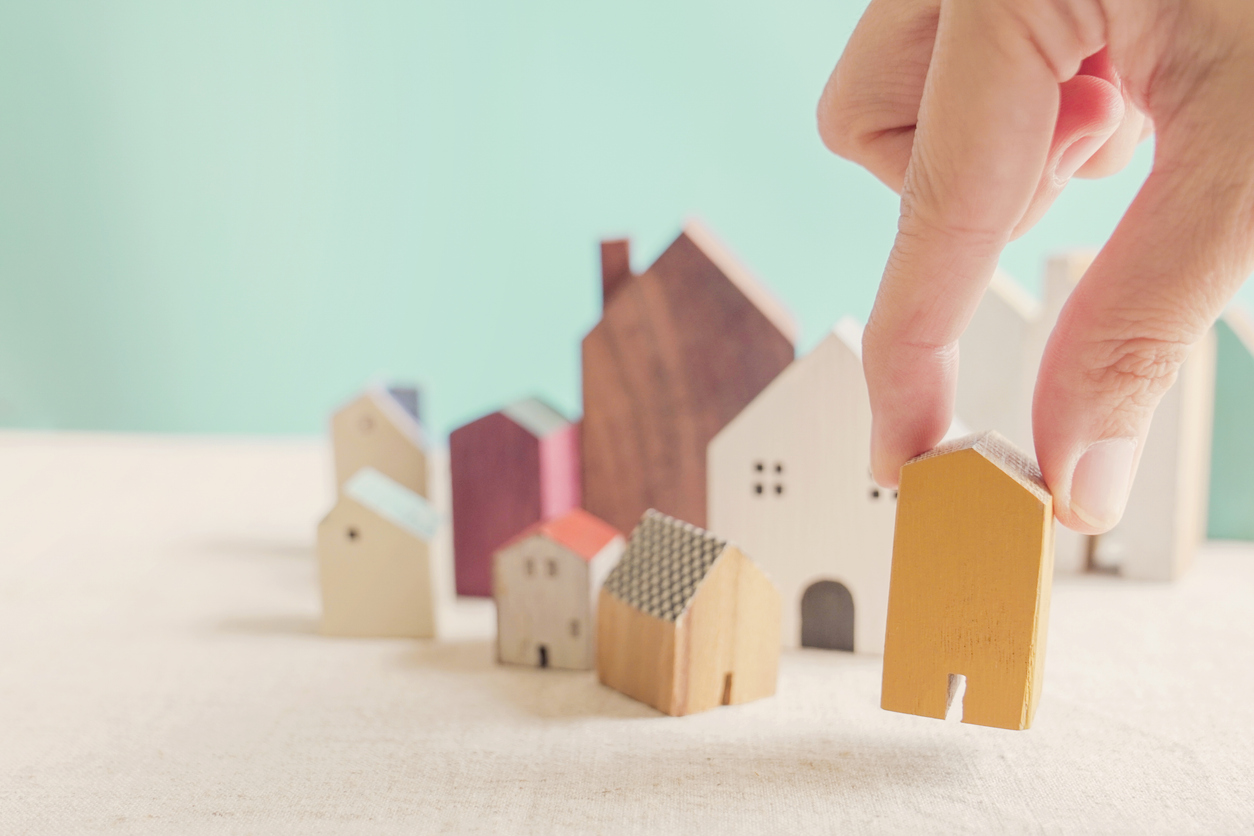As you transition into or continue through retirement, one of the most important questions to ask yourself is: Is my house still the right house for me? This question isn’t just about the practical aspects of homeownership, but also about how your home fits into your changing lifestyle, financial situation, and emotional well-being.
For many, a home is more than just a building. It’s a collection of memories, experiences, and cherished moments. But as life moves forward and your needs evolve, it’s worth considering whether your current house is enhancing or encumbering your retirement.
The Emotional Attachment to Your Home
Think about the personal connection you have with your home. It’s likely filled with memories: a child’s framed birthday card, an antique you bought at a steal, the dining room where you’ve hosted countless family gatherings. These objects and the walls that hold them are tied to your life’s story. For many retirees, this emotional attachment is a powerful reason to stay put.
However, life changes. Children grow up and move out. The bustling activity that once made the house seem too small may have given way to empty bedrooms and too much space. Ed, a retiree who once enjoyed the liveliness of his family home, made the decision to downsize after finding himself sitting by the pool alone, facing high costs for a house no longer suited to his lifestyle. The expenses of maintaining, heating, and repairing a house meant for a large family became too much to bear.
Even with the emotional attachment to the home, Ed and his wife knew it was time to move on. Ed’s story highlights the reality many retirees face—while the house holds memories, it may no longer serve your current or future needs.
What Has Changed?
When evaluating whether your home is still the right place for you, it’s important to ask: What has changed?
- Is your home too large for your current lifestyle? When children leave the house and your needs shrink, you may find that you have more space than you need, which can increase the costs and effort required to maintain it.
- Are you still physically able to maintain your home? Even with outside help, as Ed experienced, the mental and physical effort of maintaining a large house may outweigh the benefits.
- Has your neighborhood changed? You may find that the familiar, close-knit community you once knew has changed as neighbors move away and new ones arrive.
For Matt and Ginny, another retired couple, their large house remains a symbol of family gatherings. They hold on to the home in hopes of hosting holidays when all their children return. But maintaining the home for these occasional events might not be financially sustainable, especially when moving to a smaller home could free up resources for other retirement goals, like travel or leisure.
The Costs of Staying Put
If you’re holding onto your home because of emotional attachment, it’s important to evaluate whether the costs—both financial and emotional—are worth it. The upkeep of a large home can strain your retirement budget. From boomerang children returning to live with you to skyrocketing utility bills, a house that once seemed ideal may now be an unnecessary financial burden.
Consider how your retirement money is being spent. Are you prioritizing the upkeep of a home that no longer fits your life? For some, like Gretchen and Bert, moving out of their large family home to pursue their dream of travel became the right choice. Their plan to downsize and bank the money from the sale of their home gave them the freedom to live out their retirement dreams. Still, they hesitated, knowing their eldest daughter might need their help during a divorce. Balancing your own needs with family responsibilities is a delicate decision many retirees face.
Are You Ready for a Change?
In some cases, practical concerns such as health and safety may force you to reconsider your living arrangements. Marguerite was 93 when a record snowstorm and the death of a neighbor convinced her it was time to move. Relying on neighbors for help during emergencies became too much for her, and she decided it was time to find a new living situation that offered more support.
Marguerite’s story is a reminder that as we age, our physical abilities change, and our homes may no longer be as safe or practical as they once were. A house designed for a younger, more active person may present challenges as you grow older, from stairs that become difficult to climb to yards that are too demanding to maintain.
Evaluating Your Next Steps
Ultimately, deciding whether your house is still the right place for you after retirement is a personal decision that involves balancing your emotional attachment, physical abilities, and financial reality. If you find that maintaining your home is becoming too costly in terms of money, mind share, or physical energy, it may be time to consider other options.
- Is your home helping you live the retirement lifestyle you want?
- Do you need to make significant changes to the house to continue living there comfortably?
- Are you ready to consider downsizing, moving to a planned community, or even renting?
Ready to Reevaluate Your Home in Retirement?
If you’re facing the decision of whether to stay in your current home or move on to something that better suits your retirement lifestyle, I’m here to help. At Wealthy Choices®, I work with retirees to align their financial plans with their living situations, ensuring their home supports their life goals. Contact me today at 781-577-2311 or visit wealthychoices.com to start planning for a home that works for you in retirement.


